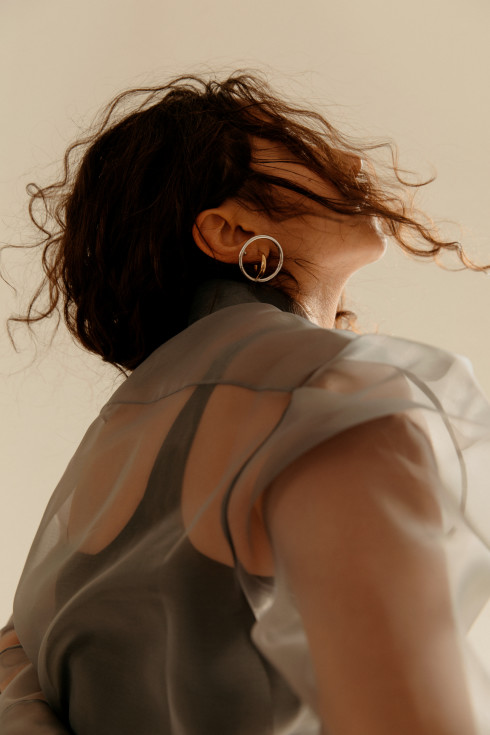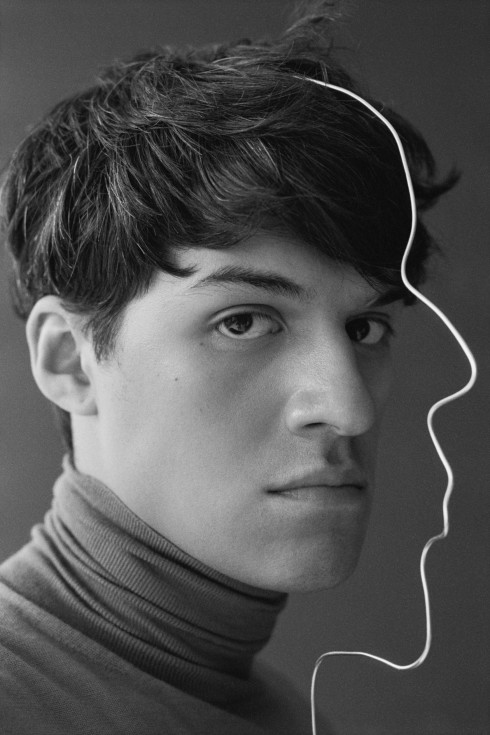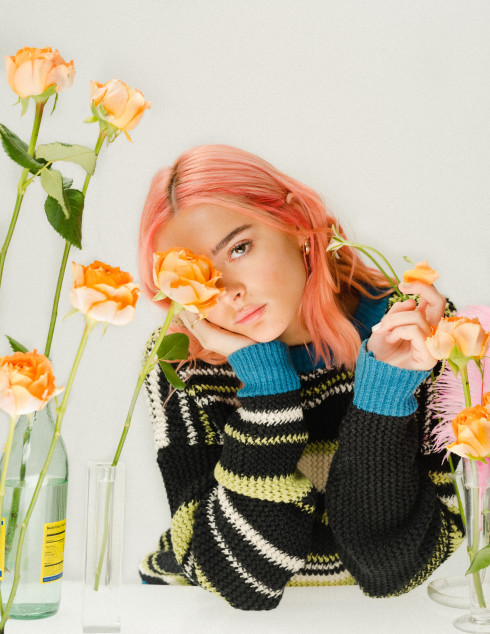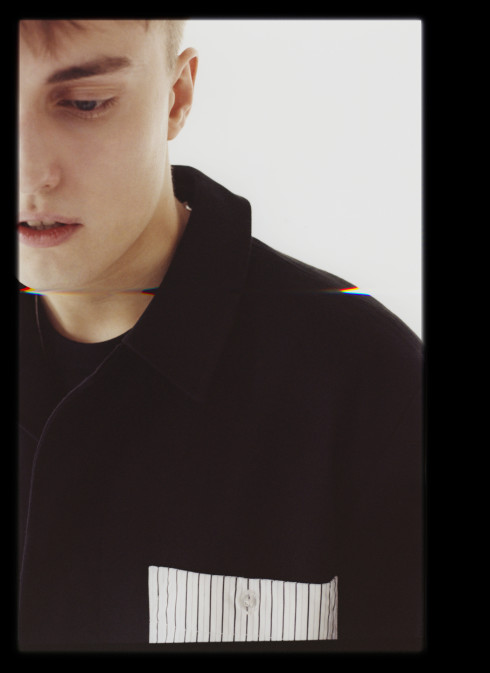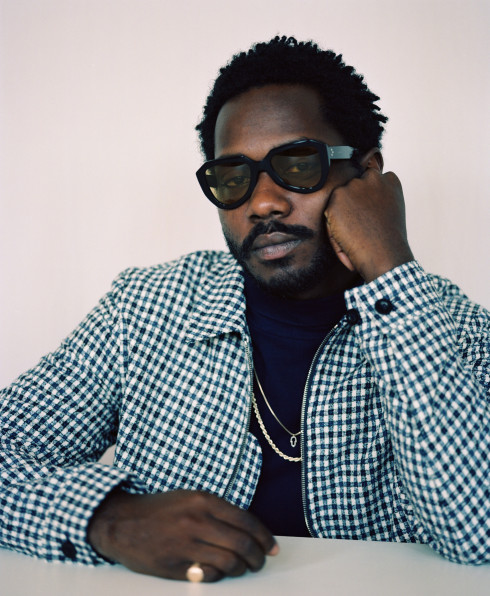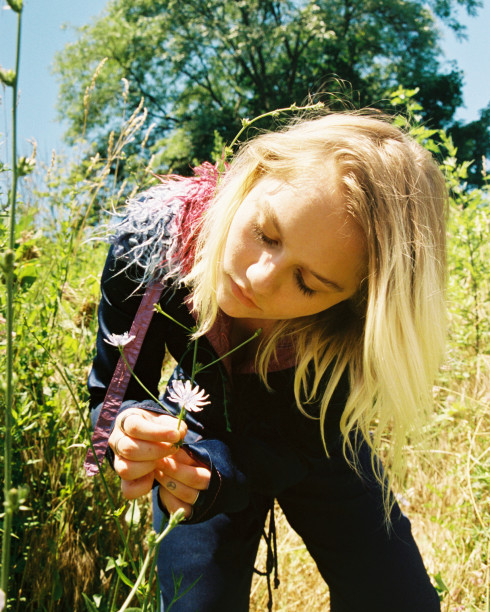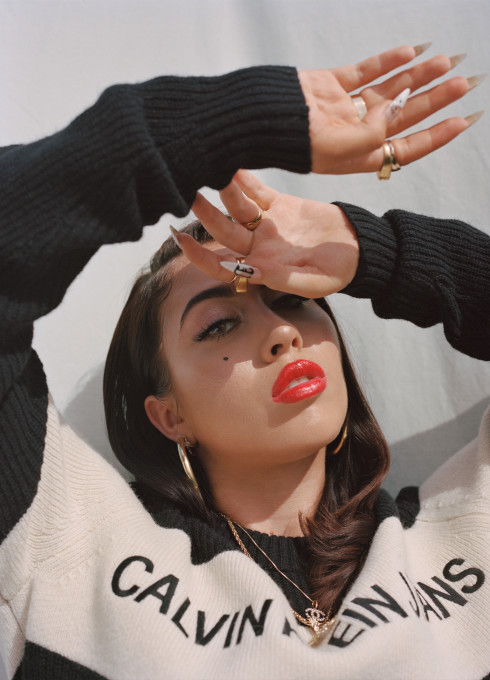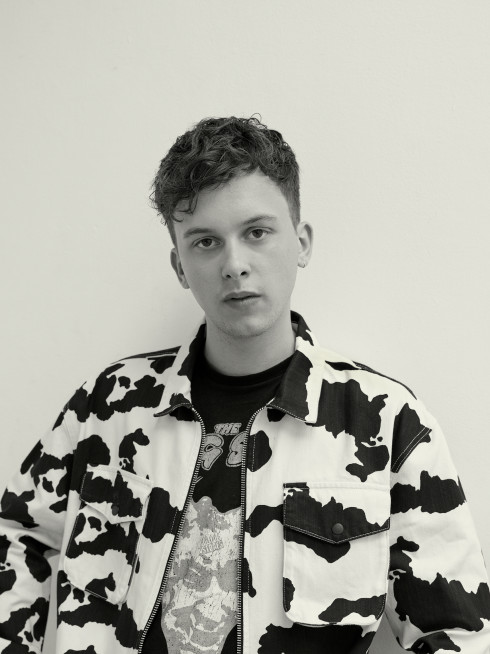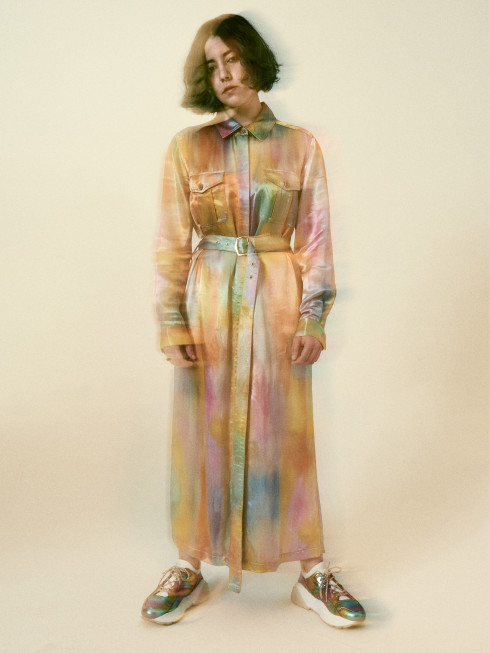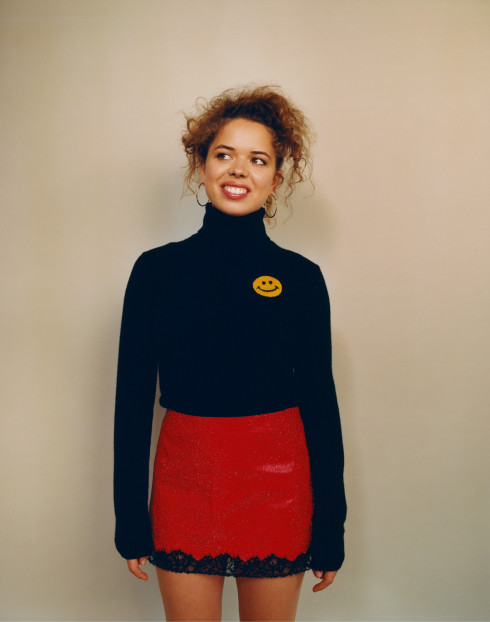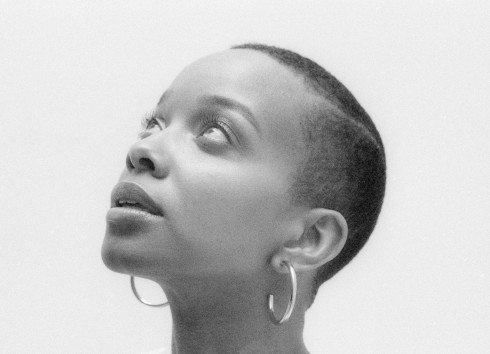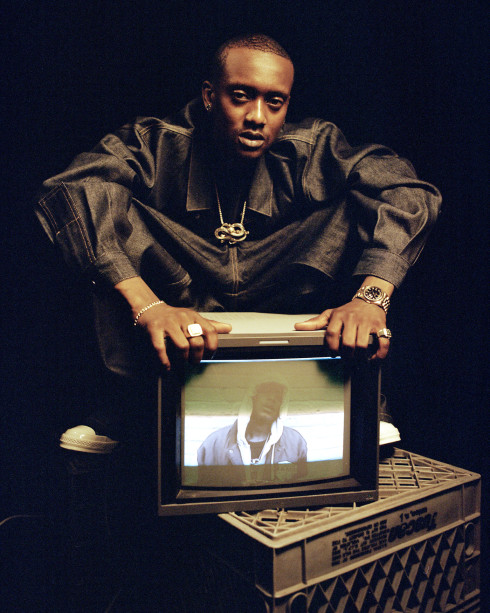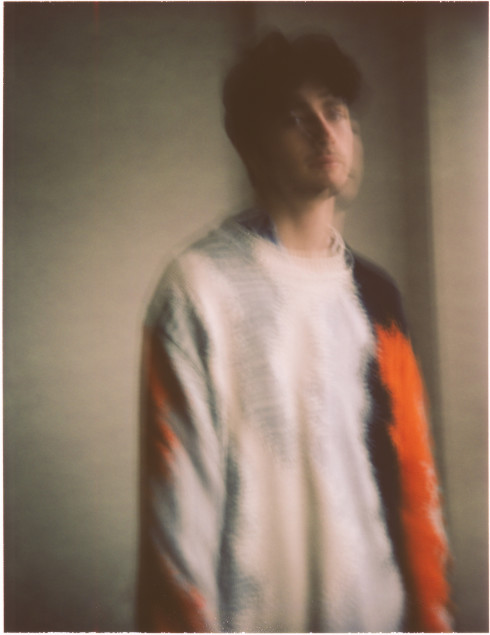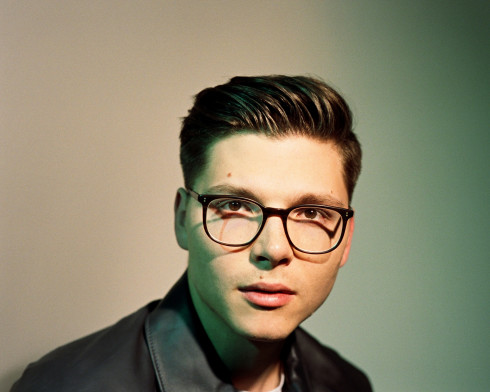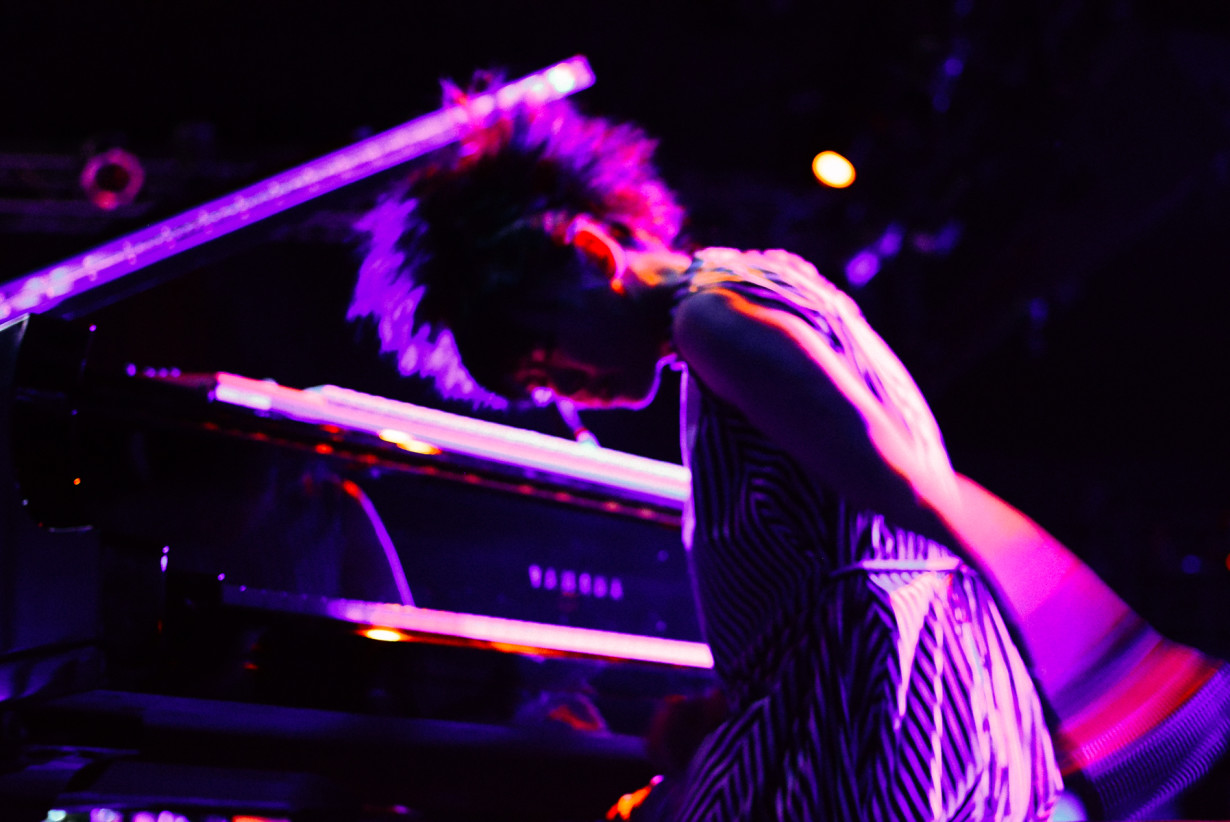
- Text and photography by
- Erica Snyder
HIROMI
“Jazz isn’t dead, it just smells funny,” Frank Zappa once said. On an unseasonably warm Manhattan evening in early spring, jazz certainly was alive and well. Electricity could be felt in the dimly lit dining room on 16th Street, every seat occupied by a body brimming with anticipation, impatient glances shot across the venue as members of the Chelsea crowd actively ensured their view of the stage would not be obstructed by those who dared to arrive late. In the air lingered a collective yearning to be transported away from this Thursday evening, out of the Highline Ballroom, and onto a sonic adventure. Arguments of who had discovered the headliner, Japanese jazz pianist Hiromi, first, discussion of previous shows, and repeated praise rippled through the crowded room, words spoken mostly to pass time. At last, the lights fell, signaling the necessity of silence. The backing trio positioned themselves behind their instruments. Hiromi’s wide smile and wild hair bounced as her fingers loped across the piano with effortless speed and precision. The band kicked up, bass and drums communicating through a continuous exchange of eye contact as they kept time with her vigorous playing. Relief swept across the audience, eyes closed—tuned into the language of jazz, they were whisked away.
Hiromi’s initiation into piano occurred at a very young age, almost by accident. Her older brother had begun to take group piano lessons and her mother, with no one to watch Hiromi, brought her along. During one fateful session, the class was asked to sing a song; young Hiromi, seated in the back of the room, could not contain herself and began singing loudly along with the class. She was asked to leave but got her message across. After this fervent outburst, her mother signed her up for lessons. At six years old, she fell in love with the piano, and she explained that for once she never wanted to quit, that the instrument would be her best friend forever. Her foundation began in classical music, but at eight years old her instructor introduced her to jazz. “When I first met jazz, it was like I just couldn’t stop dancing towards music, my body was moving along and then I realized it was called swing,” she recalls. Erroll Garner and Oscar Peterson enchanted the young pianist with their masterful improvisation and joyful music. Inspired by the conversation of instruments, Hiromi began to improvise over classical music, learning to communicate through the piano in the language of jazz.
In high school Hiromi began to listen to the musical genius of guitarist Jeff Beck and Frank Zappa, both notable for their ability to blend genres while remaining enigmas to their audience, unclassifiable. In the same vein, Hiromi’s sound cannot be pigeonholed; she describes it as something that starts in her body, and with the piano as her translator, it can be naturally expressed without boundaries. Creating and composing is an intrinsic endeavor for the musician. She is inspired by everything, from amazing landscapes to films or simply stimulating conversation with good friends. She doesn’t believe that inspiration can be found only when emotions are running high or something dramatic has happened, but that the simplicity of daily life already has much to offer as long as you are on the lookout for it.
“Everything in life starts with a single spark, and it makes you feel like [you] want to go somewhere,” Hiromi explains. Her latest album, aptly entitled Spark, tells the story of finding inspiration, becoming entranced by it, and then being taken away to a wonderland. Each track calls to the next as though they were chapters in a book. “The story ends with the eighth track, ‘Wake Up and Dream,'” she says. “You know when you just wake up one day and go, ‘Wow, what was that?’—and you just dream that everything that just happened came true. You really love what just happened and that is of the end of the story.” The final track on the album, “All’s Well,” begins with applause as if it were the ending of an imaginary film; as the last composition on the album, it acts as a musical credit roll.
When Hiromi plays with her trio—as she is currently doing on an American tour—the music changes every day. Sometimes songs gain a life of their own and go beyond what was expected, which is the beauty of improvised music, where songs can blossom and change shape. Hiromi adds, “It’s just trying to find something new, new landscapes and new adventures. It’s a great adventure. It’s risky, but the higher the risks you take, you can get more things and it’s really beautiful.” While on tour, she enjoys playing wherever she can gain an amazing connection with the audience, she says, a place where the musical adventure goes well and hidden treasures are found, where music can transcend the stage to the audience “and we really feel like one. That’s where I want to be at, it doesn’t matter where it is.”
Spark is out now. Hiromi performs tonight at Bailey Hall at Broward College, Fort Lauderdale.
- Text and photography by
- Erica Snyder
